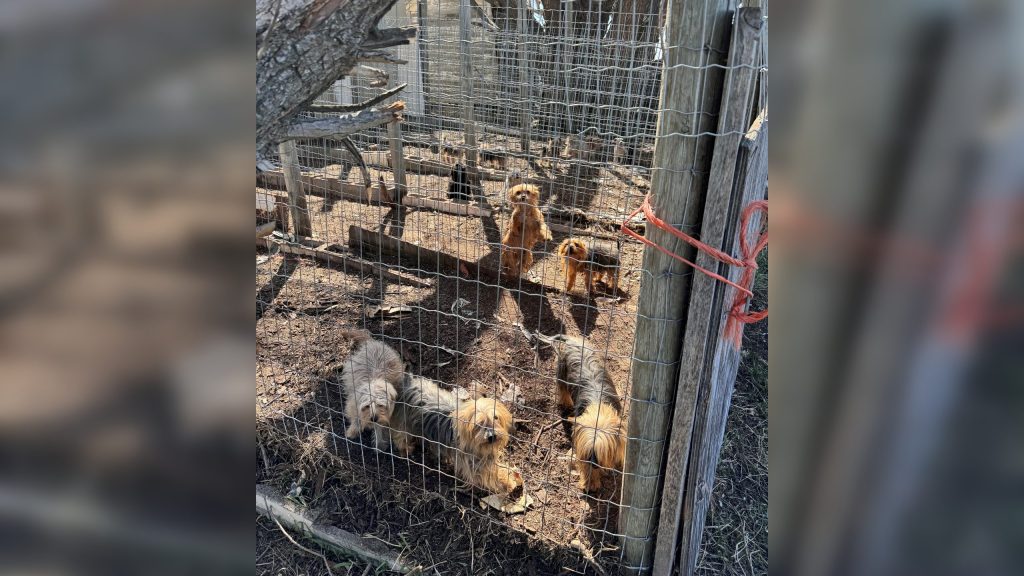Wilderness society responds to wolf culls to help caribou herds
Posted March 13, 2019 8:01 am.
This article is more than 5 years old.
EDMONTON (660 NEWS) – The Canadian Parks and Wilderness Society (CPAWS) says protecting caribou habitat is more important than just killing wolves.
The society is reacting to a recent study that called for increased wolf culls to protect endangered caribou herds in Alberta and British Columbia.
READ MORE: Increase wolf cull, pen pregnant cows to save endangered caribou: study
The extensive study of caribou in the two provinces suggests the best way to reverse a long and steady decline of the endangered species is to kill more wolves and pen pregnant caribou cows.
“It’s go hard or go home,” said Rob Serrouya, a University of Alberta biologist and lead author of the study released Monday. “unfortunately, it’s that black or white.”
However, Gillian Chow Fraser, a boreal program Manager for CPAWS, says the issue is far too complex for a “band-aid solution” like a wolf cull.
Chow Fraser said that caribou herds in both provinces are rapidly declining and a long term caribou habitat plan is needed to protect the herds.
“If you are using these really short term strategies, they are not going to be successful, unless you are also protecting caribou habitat. If we had on-going wolf culls you know, you could keep doing them, but if you aren’t addressing the bigger issues then there is just no point.”
Serrouya and his colleagues looked at 18 caribou herds ranging more than 90,000 square kilometres.
At the study’s start in 2004, 16 herds were declining.
According to Serrouya, restoring habitat damaged by oil, gas and forestry activity is too slow and herds don’t have the decades that takes.
Chow Fraser agrees there is an urgent need for action.
“Caribou are doing very poorly. I think its a super important issue and we definitely need to be worried about how rapidly they are declining.”
CPAWS also raised concerns about killing wolves in the wild adding that a lot of the methods used to do these wolf calls can be very inhumane, and Strychnine poisoning use is very hard to defend.
with files from the Canadian Press








